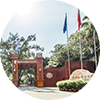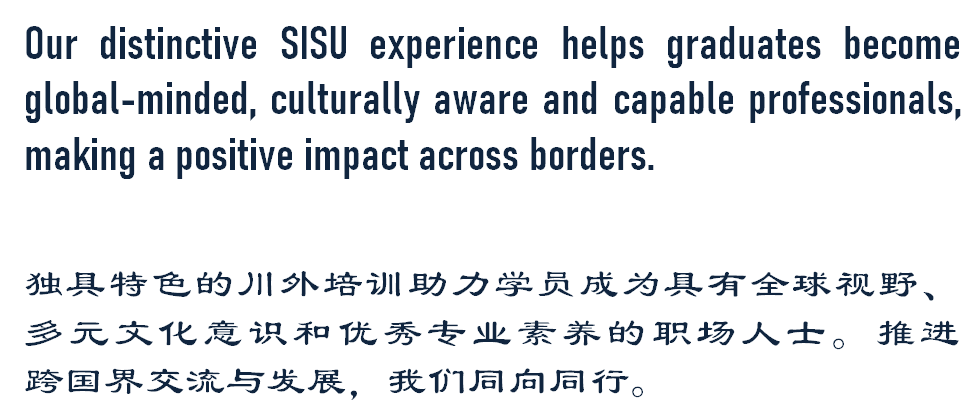首页
Home出国培训部
ABOUT外语培训
FOREIGN LANGUAGE TRAINING

国家公派出国留学外语培训
Language training for government-sponsored overseas study英语媒介教学能力提升培训
Language training for government-sponsored overseas study企事业单位专门用途外语培训
Corporate language training英语师资专业能力提升培训
English teacher training国际英语考试能力提升培训
Tailor-made Language competence enhancement training其他外语交际能力提升培训
International English language test preparation training出国留学
STUDY ABROAD来华留学
STUDY IN CHINA外语考试
FOREIGN LANGUAGE TESTING教学团队
FACULTY校友风采
ALUMNI PROFILES通知公告
NOTICES